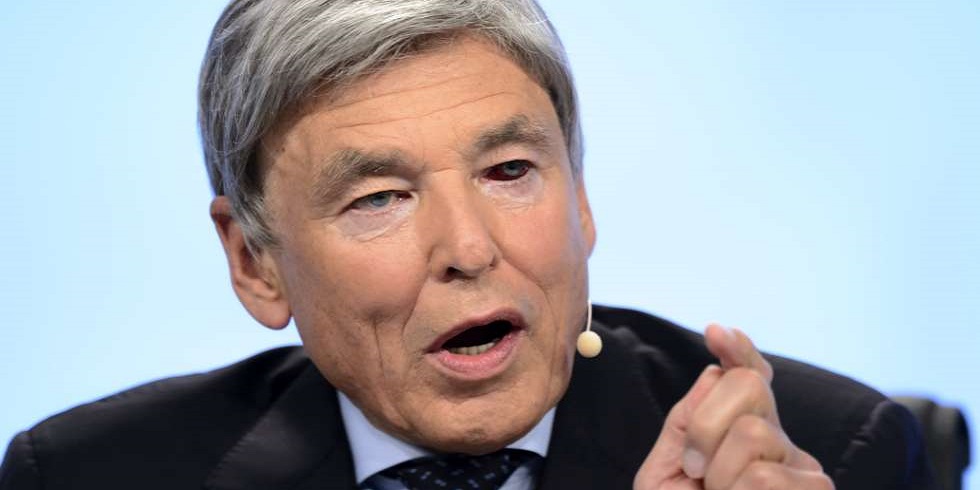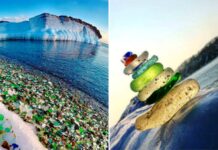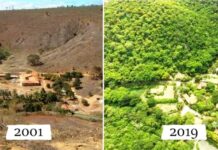In the 2005 documentary We Feed the World, then CEO of Nestlé Peter Brabeck-Letmathe made an astonishing claim that there is nothing to worry about with GMO foods, that profits matter above all else, that people should work more, and that human beings do not have a right to water.
“The one opinion, which I think is extreme, is represented by the NGOs, who bang on about declaring water a public right. That means as a human being you should have a right to water. That’s an extreme solution,” he had stated.
Nestle quickly clarified that “Brabeck had argued that everyone should have free access to the water they need for drinking and sanitation. However, he did not believe it is fair that some people use excess amounts of this precious and increasingly scarce resource for non-essential purposes, without bearing a cost for its infrastructure.
In 2013, he told The Guardian, “This human right is the five litres of water we need for our daily hydration and the 25 litres we need for minimum hygiene. This amount of water is the primary responsibility of every government to make available to every citizen of this world, but this amount of water accounts for 1.5% of the total water which is for all human usage.
“Where I have an issue is that the 98.5% of the water we are using, which is for everything else, is not a human right and because we treat it as one, we are using it in an irresponsible manner, although it is the most precious resource we have. Why? Because we don’t want to give any value to this water. And we know very well that if something doesn’t have a value, it’s human behaviour that we use it in an irresponsible manner.”
And in 2015, he told CNBC, “I don’t think it’s a human right to fill up a swimming pool. I don’t think it’s a human right to wash cars. I don’t think it’s a human right to water a golf course.”
Nestlé, the company who conveniently divides the right to water between 1.5% and 98.5% to justify putting a price to it, has done nothing for more than one billion people worldwide who have no access to drinking water. It, instead, has a proven track record of exploiting labor, destroying the environment, engaging in human rights violations, and of course of making big profits. Consider this:
- Brabeck chairs the 2030 Water Resources Group, a collaborative effort between business (includes PepsiCo and the Coca-Cola Company), government and other organizations that looks for ‘practical solutions’ to address water scarcity. PepsiCo, the Coca-Cola Company and Nestle rake in a combined $110 billion a year selling bottled water worldwide – off the myth that tap water is unhealthy.
- While Starbucks pulled its water bottling operations from California, which has now entered its fourth consecutive year of drought, on ethical grounds, Nestle and other companies like Walmart continue to source water for bottling in California, buying at the same rate as residents and selling at one hundred times the profit.
- Activists accuse Nestlé of being more interested in lining its own pockets through a back-door privatization of countries’ water supplies, than in saving the planet. A 2011 documentary Bottled Life accused Nestlé of extracting ground water for its bottled brands at the expense of local communities.
- Nestlé controls one-third of the US market and sells 70 different brand names for which it draws water from 75 springs located all over the country.
When Brabeck and Nestlé promote “water sustainability”, what they are really promoting is the sustainability of Nestlé’s access to and control over water resources. Tell Nestlé to start treating water like a public right, not a source for private profits!






